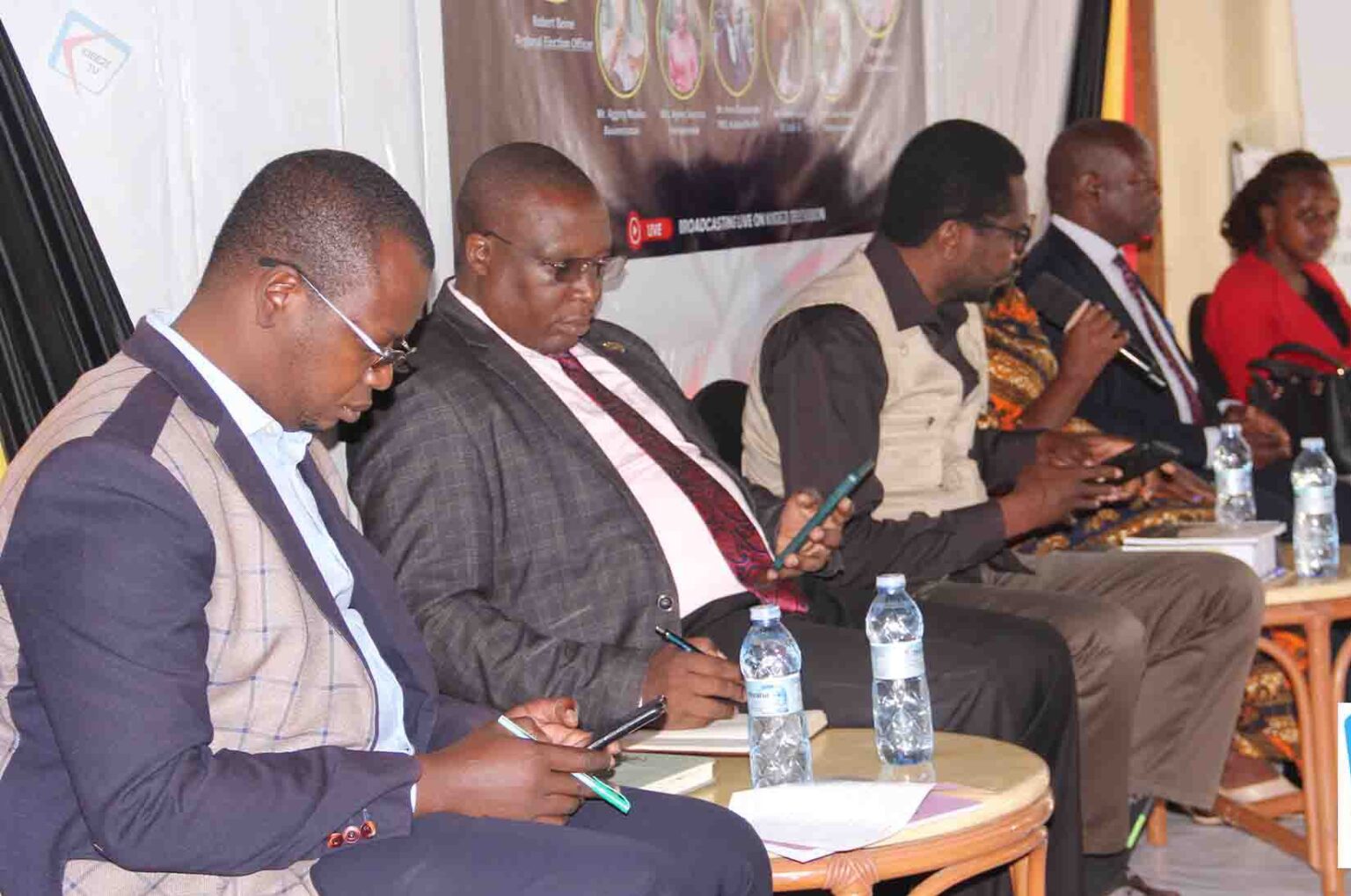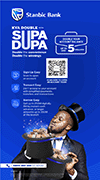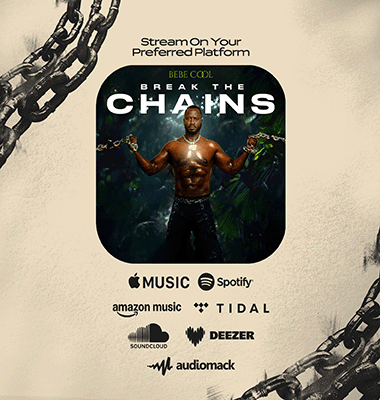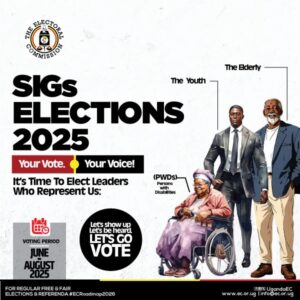Kabale – The South Western Regional Electoral Commission Officer (REO), Mr. Beine Robert, has condemned the growing trend of politicizing religion in Uganda, warning that it undermines both the integrity of elections and the sanctity of faith institutions.
Beine made the remarks during a voter education engagement session held at White Horse Inn, Makanga, in Kabale Municipality. The dialogue was organized by Kigezi Media Services in partnership with the Electoral Commission to mark International Democracy Day.
In his address, Beine likened the role of the Electoral Commission to that of a midwife, stressing: “Our role as the Electoral Commission is like that of midwives we deliver elections.” He expressed concern that some religious leaders were increasingly using their pulpits to push political agendas, warning that such actions distorted both politics and faith.
“Some religious leaders have taken advantage of the denominations they lead to influence political outcomes. But no one can pretend to love these religions more than those who originally brought them to us,” he said, urging clerics to remain neutral and focus on spiritual guidance.
At the same dialogue, Sam Alinaitwe raised concern over the role of social media in fueling religious sectarianism, urging the public to rise above divisions. He reminded participants that unity should come first, noting: “We are of the same blood, not of the religion.”
Independent Kabale Municipality MP aspirant, Hon. Dan Musinguzi Nabaasa, echoed similar sentiments, urging voters to reject identity-based voting. He cautioned that choosing leaders based on religious or social ties undermines service delivery and development.
Meanwhile, Hon. Ndyamuhaki Eunice, the District Councillor representing People with Disabilities (PWDs), challenged leaders in the Kigezi region to take the lead in fighting sectarian politics. She observed that divisive tendencies had been used to weaken communities and called for vigilance and harmony among leaders and citizens.
The dialogue brought together religious leaders, politicians, civil society, media practitioners, and the public, all of whom underscored the importance of unity, tolerance, and competence-based leadership ahead of the forthcoming elections.







